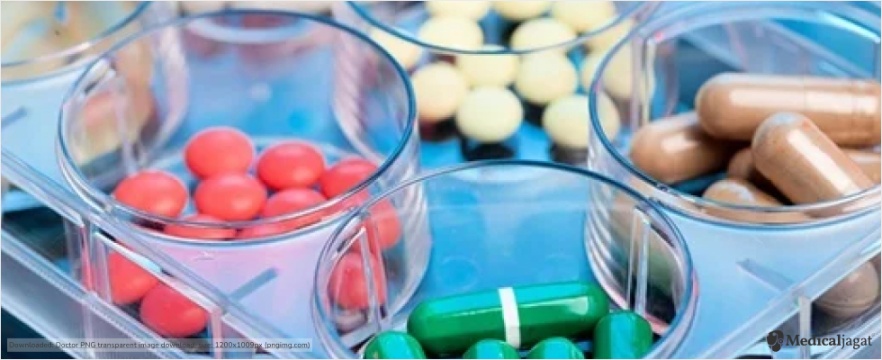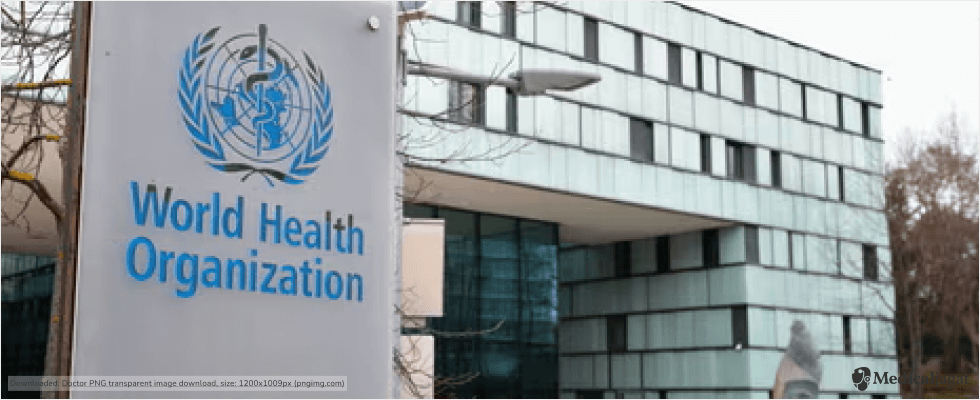
Zydus Life Sciences is currently embroiled in a legal dispute with Roche regarding its biosimilar, Sigrima, which targets the HER2+ breast cancer market in India and is based on Roche’s Perjeta (Pertuzumab). As HER2+ breast cancer cases increase in India, this conflict highlights the pressing need for affordable biosimilars to expand access to essential treatments, according to GlobalData.
GlobalData’s Pharmaceutical Intelligence Centre reports that the number of five-year diagnosed prevalent cases of HER2+ breast cancer in India is projected to grow at an annual rate of 2.43%, rising from 114,393 in 2024 to 139,486 in 2033. India’s growth rate is the second highest among major markets, trailing only China.
Jithendra Kancharla, a Pharma Analyst at GlobalData, remarked, “Breast cancer is the most common cancer among women in India, with HER2+ cases accounting for approximately 15-20% of all breast cancer cases. Current treatments include antibodies targeting HER2, such as trastuzumab and pertuzumab, often used in combination with various chemotherapeutic agents. When pertuzumab is combined with trastuzumab and a chemotherapeutic agent, it offers a synergistic effect, resulting in better progression-free survival and overall survival rates compared to these therapies used individually.”
The legal tussle between Zydus and Roche began when Zydus sought to develop a biosimilar to pertuzumab. Roche had filed a complaint with the Drugs Controller General of India (DGCI), accusing Zydus of possibly sourcing the reference drug from an unauthorized supply chain for clinical trials and alleging patent infringement for the formulation. However, Roche does not currently hold a product patent for pertuzumab in India. Notably, Zydus’ Sigrima received approval from the Central Drugs Standard Control Organization (CDSCO) in April 2024 and was authorized for sale in June 2024.
Exclusive HER2+ breast cancer treatments are priced exorbitantly in India, with Roche’s Herclon (Trastuzumab), Kadcyla (trastuzumab emtansine), Perjeta (pertuzumab), and Phesgo (pertuzumab + trastuzumab + hyaluronidase) ranging from $730 to $6,396. Meanwhile, biosimilars for some of these therapies are offered by a few local pharmaceutical companies at prices 30-70% lower than the original drugs. Zydus markets biosimilars such as Vivitra (41% cheaper than Herclon) and Ujvira (70% cheaper than Kadcyla).
Kancharla concluded, “Addressing breast cancer in India is a complex challenge that requires the joint efforts of multinational and local pharmaceutical companies. Both play critical roles in driving innovation, enhancing accessibility, raising awareness, and improving patient care quality across the country. Given the high costs of exclusive targeted therapies, the need for affordable alternatives like biosimilars is crucial. By adopting biosimilars, India can meet the treatment needs of a larger number of breast cancer patients.”














